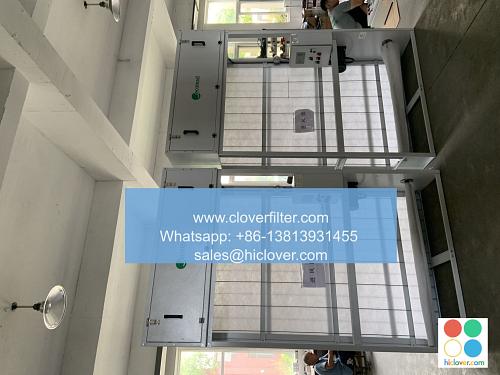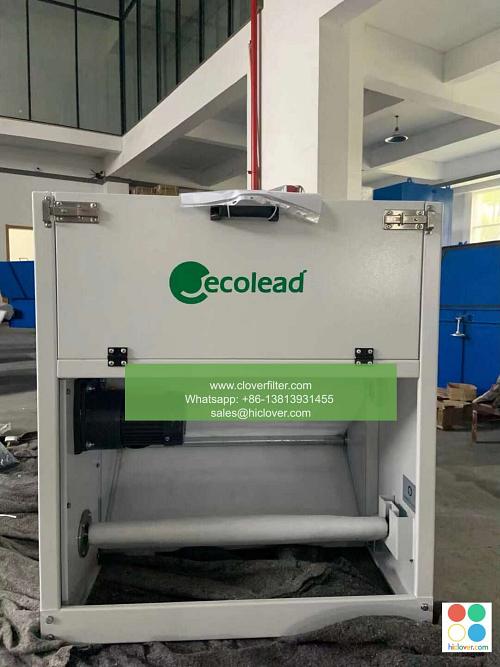Understanding the Testing Process for Air Filter Certifications

The air filter certification process is a critical step in ensuring the quality and performance of air filters used in various applications, including industrial air filtration, commercial HVAC systems, and residential air purification. In this article, we will delve into the testing process for air filter certifications, highlighting the key aspects and application areas.
Introduction to Air Filter Certifications
Air filter certifications are designed to verify the performance and efficiency of air filters in removing airborne particles, gases, and other contaminants. These certifications are typically issued by third-party organizations, such as the American Society of Heating, Refrigerating, and Air-Conditioning Engineers (ASHRAE) or the International Organization for Standardization (ISO). The certification process involves a series of tests that evaluate the air filter’s ability to capture particles of different sizes, as well as its resistance to airflow and pressure drop.
Testing Methods for Air Filter Certifications
The testing methods for air filter certifications vary depending on the type of filter and its intended application. Some common testing methods include:
- Aerosol challenges: This test involves introducing a controlled amount of aerosol particles into the air stream and measuring the filter’s ability to capture them.
- Particle size distribution: This test evaluates the filter’s ability to capture particles of different sizes, from submicron particles to larger particles.
- Airflow resistance: This test measures the filter’s resistance to airflow, which affects its ability to maintain a consistent flow rate.
- Pressure drop: This test measures the filter’s pressure drop, which affects its energy efficiency and overall performance.
- Industrial air filtration: Air filters used in industrial settings, such as manufacturing facilities and power plants, require certification to ensure they meet the necessary standards for air quality and safety.
- Commercial HVAC systems: Air filters used in commercial HVAC systems, such as office buildings and shopping centers, require certification to ensure they meet the necessary standards for indoor air quality and energy efficiency.
- Residential air purification: Air filters used in residential settings, such as homes and apartments, require certification to ensure they meet the necessary standards for indoor air quality and health.
- Improved indoor air quality: Certified air filters ensure a higher level of airborne particle removal, resulting in improved indoor air quality.
- Increased energy efficiency: Certified air filters can help reduce energy consumption by minimizing airflow resistance and pressure drop.
- Enhanced safety: Certified air filters can help prevent the spread of airborne diseases and allergens.
Application Areas for Air Filter Certifications
Air filter certifications are essential for various application areas, including:
Benefits of Air Filter Certifications
The benefits of air filter certifications include:
Conclusion
In conclusion, the testing process for air filter certifications is a critical step in ensuring the quality and performance of air filters used in various applications. By understanding the testing methods and application areas, individuals can make informed decisions when selecting air filters for their specific needs. Whether it’s for industrial air filtration, commercial HVAC systems, or residential air purification, air filter certifications provide a guarantee of performance and efficiency, resulting in improved indoor air quality, increased energy efficiency, and enhanced safety. You haven’t provided a prompt or question for me to respond to. Please go ahead and ask your question, and I’ll do my best to provide a helpful and direct answer.


